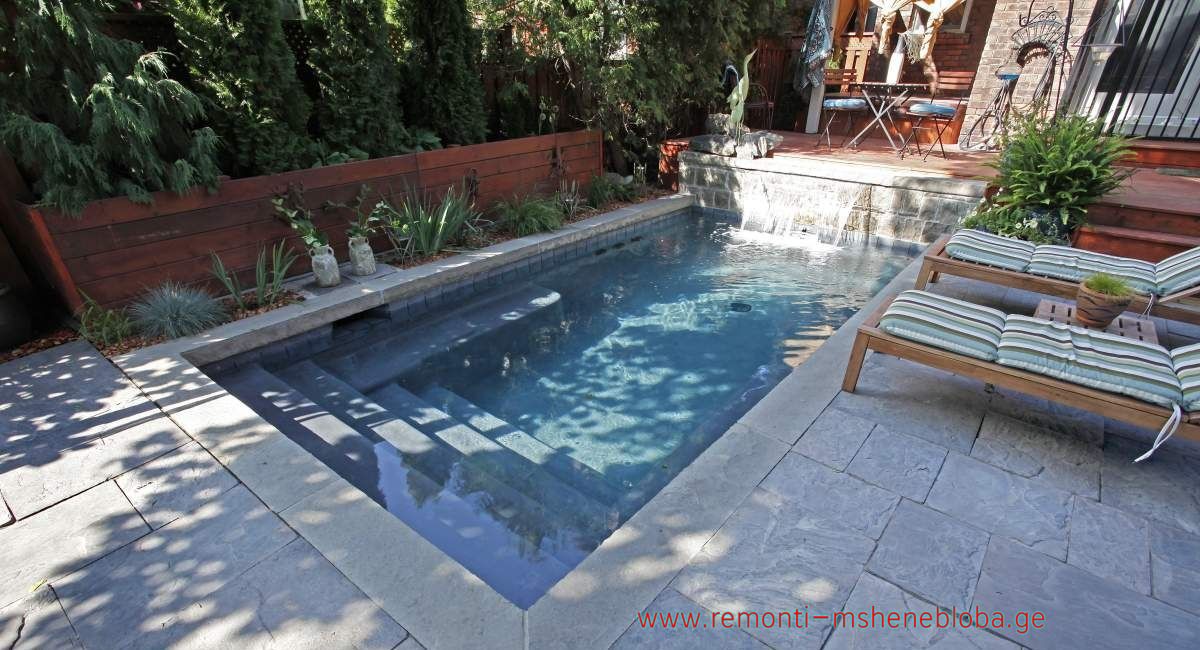Building Your Dream Pool: A Comprehensive Look at Pool Prices

If you're planning to add a pool to your home, understanding pool prices is crucial for budgeting and ensuring your investment meets your expectations. Whether you're considering a simple above-ground pool or a luxurious in-ground design, various factors impact the overall cost. This guide will help you navigate the various elements that influence pool pricing and how to make informed decisions for your home or office's outdoor space.
Key Factors Influencing Pool Prices
-
Pool Type and Design
The first major factor is the type of pool you choose. Above-ground pools are generally more economical, whereas in-ground pools offer more customization but come at a higher cost. The complexity of the design, such as the shape, depth, and special features (like waterfalls or lighting), will significantly affect the final price. -
Materials Used
The materials selected for the pool’s construction have a large influence on the cost. Concrete, vinyl, and fiberglass are the most common options. Concrete pools offer longevity and flexibility in design, but they tend to be the most expensive. Fiberglass pools are quicker to install but may have size limitations. Vinyl pools offer a budget-friendly option but require more maintenance over time. -
Labor and Installation
The cost of labor is another key consideration. Depending on the complexity of the pool design, installation costs can vary widely. Labor for excavation, plumbing, and electrical work are just a few of the services that add to the total pool price. A detailed plan will help you estimate these additional costs. -
Location and Site Preparation
Where your pool will be installed also matters. Certain locations may require extensive site preparation, including leveling the ground or removing obstacles, which can increase the overall expense. Urban areas, for instance, may have higher labor costs compared to rural areas. -
Permits and Regulations
Depending on where you live, you may need to acquire permits before starting construction. Local regulations may also require safety measures such as fencing or pool covers, adding additional costs to your project.
Ongoing Costs to Consider
Building a pool isn’t just a one-time expense; ongoing costs for maintenance, cleaning, and repairs must also be factored in. Regular maintenance includes balancing chemicals, cleaning filters, and general upkeep, all of which should be part of your long-term budget. Energy costs for heating the pool, as well as electricity for pumps and lighting, can also add up over time.
Making an Informed Decision
When considering pool prices, it’s essential to think beyond the initial construction and look at long-term expenses. While it may seem tempting to go for the lowest price, investing in durable materials and a well-executed design will save you money in the long run. By accounting for both upfront and future costs, you can ensure that your pool remains a valuable addition to your home or office space.
Pool Prices: A Guide to Making the Right Investment
Whether it's for leisure, exercise, or simply improving the aesthetics of your outdoor space, investing in a pool can significantly enhance your property. By carefully considering all the factors involved, from materials and design to installation and maintenance, you can make the right decision that balances both cost and quality for years to come.



